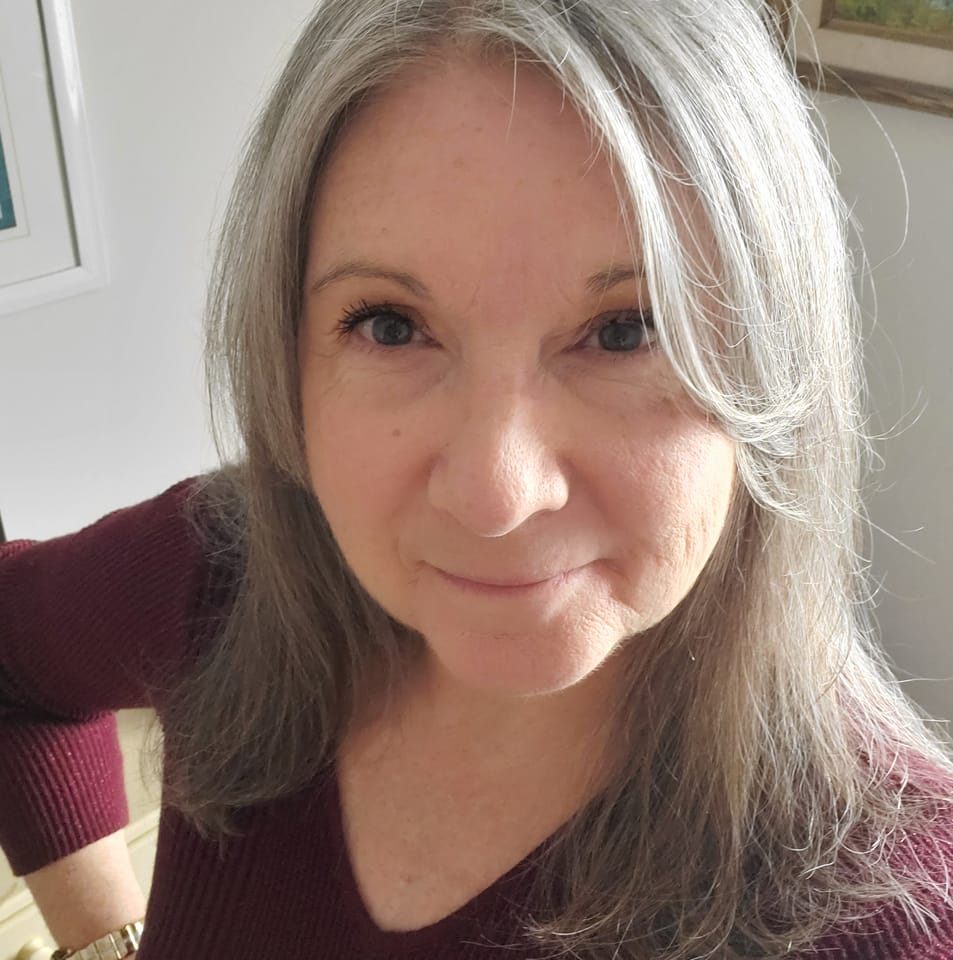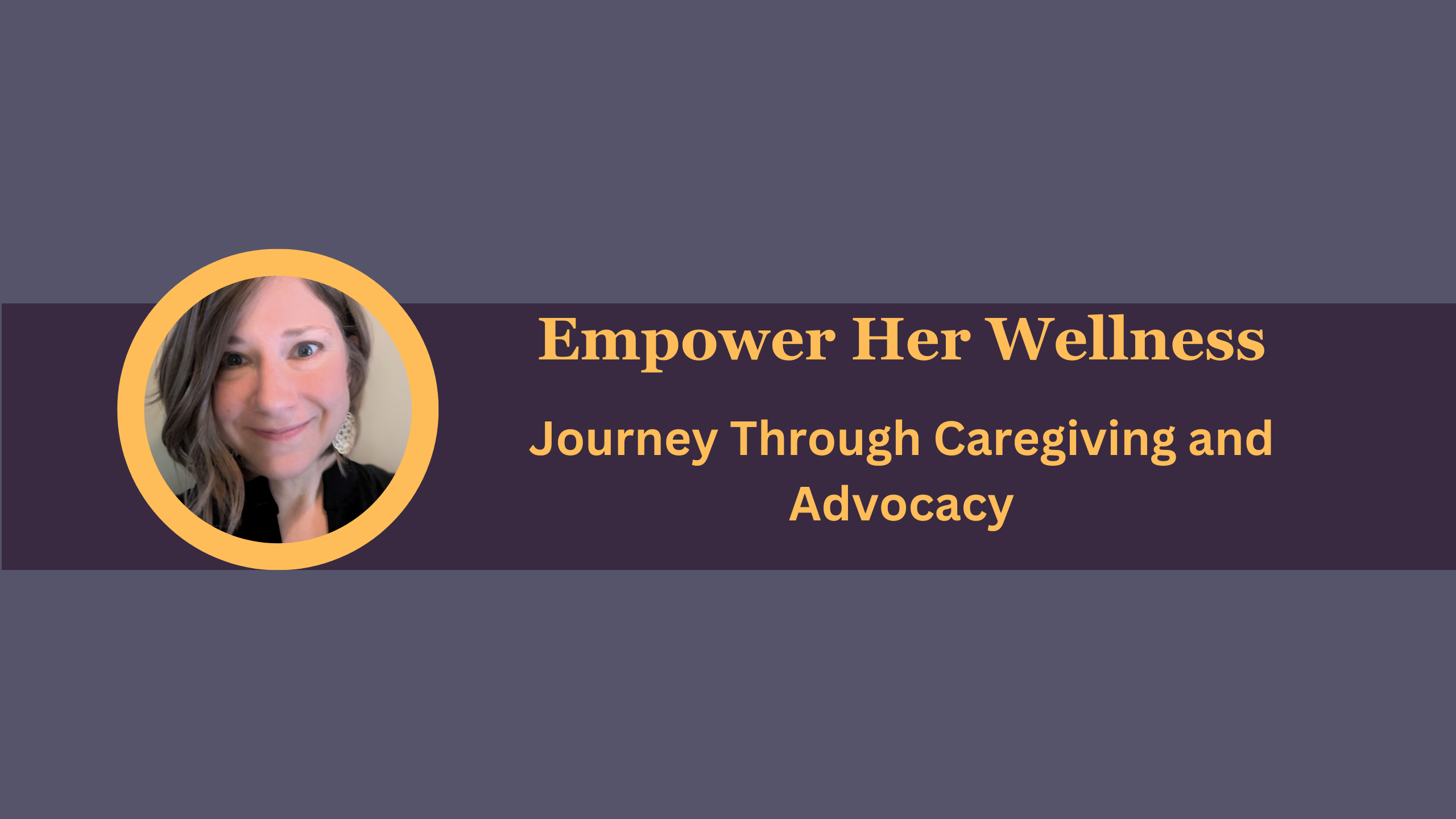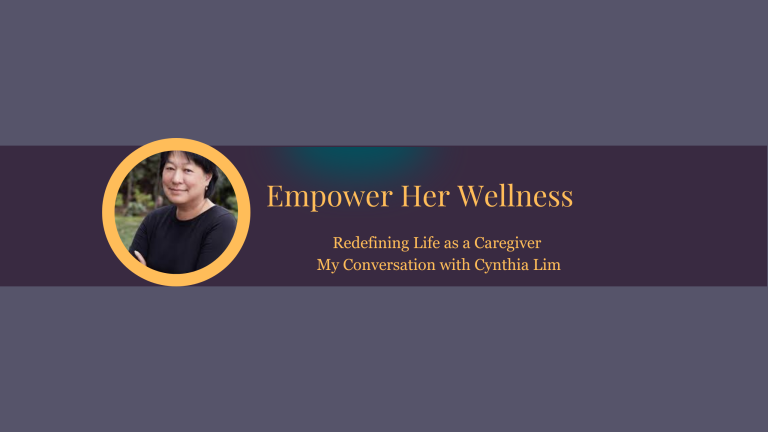Listen to Empower Her Wellness
About Allison
Allison Breininger has a MA in Education and spent twenty years teaching, training, directing, coaching, and creating content in the realm of education. At 31, she became a caregiver for her husband, Sean, when he was diagnosed with the rare genetic disease Fanconi Anemia. In the fourteen years since, she has been by his side through a bone marrow transplant and cancer of the tongue, throat, gums, bladder, and skin. In those years, she has experienced firsthand that caregivers are in the negative space: vital yet overlooked and unsupported. Fueled by what she has seen, Allison founded the non-profit The Negative Space as a way to use her experience and skills to change the way caregivers are seen and supported.
Through The Negative Space, Allison shines light on the realities of caregiving, provides direct services to caregivers and educates and equips those who support them with concrete tools and strategies. She co-hosts the In Sickness podcast, provides individual coaching to caregivers nationwide, facilitates support groups and education sessions, partners with multiple organizations to more intentionally support caregivers, and sells caregiver gift boxes.
Find Allison Online
www.thenegativespace.life
www.insickness.care
Instagram @negspacelife
Show Notes
Allison, a caregiver for her husband Sean, recounts their 14-year journey navigating his diagnosis of Fanconi anemia, subsequent bone marrow transplant, and complications such as graft versus host disease. Alongside these challenges, they raised their adopted daughter from Haiti. The narrative underscores Allison’s unexpected early transition to caregiving, managing Sean’s severe health issues including various cancers. With no established protocols for rare conditions, advocating for Sean’s care proved difficult.
This episode explores the complexities and misunderstandings surrounding chronic conditions and caregiving, highlighting drastic lifestyle changes like travel difficulties and social isolation due to chronic pain. It stresses the importance of communication about daily challenges, such as planning logistics for outings. Despite her caregiving responsibilities, Allison strives to be seen as fun, sharing moments like an enjoyable yet exhausting outing to a friend’s ice cream truck fundraiser.
Allison reflects on how others may only see positive moments, unaware of the stress and recovery involved in managing health concerns during events. She emphasizes the necessity of openly communicating the realities of caregiving and the emotional toll it takes. Managing health risks, particularly after Sean’s transverse myelitis diagnosis, raises concerns about emergencies and stress impacts.
Allison questions the value of risky events, like a family cruise where Sean contracted COVID, while preparing for an upcoming conference with similar apprehensions. Yet, she also recognizes the joy found in small moments, such as enjoying ice cream in the park, which helps maintain intimacy amidst caregiving challenges. The narrative stresses the significance of casual outings that focus on enjoyment rather than illness, fostering relationships despite health struggles.
Reflecting on social media’s impact on feelings of missing out, Allison advocates for simple, flexible social interactions. She discusses balancing caregiving with personal activities, becoming a homebody post-COVID, and reframing caregiving as essential for recovery. Utilizing a color-coded calendar for self-care, she introduces her nonprofit, Negative Space, which supports caregivers through services like coaching, podcasts, and virtual groups, all offered for free.
The speaker underscores the pressures caregivers face to maintain a positive front while masking struggles, leading her to candidly share experiences and transition into advocacy. She highlights the importance of educating others about caregiver challenges, cherishing small joyful moments, and sharing personal stories to foster empathy and support.
Main Theme: The Emotional and Practical Realities of Caregiving
Key Highlights:
- Unexpected Transition to Caregiving:
- Allison’s sudden and early role as a caregiver began with Sean’s diagnosis of Fanconi anemia, leading to a bone marrow transplant and ongoing complications like graft versus host disease.
- Managing severe health issues including various cancers without established medical protocols was particularly challenging.
- Raising a Family Amidst Health Struggles:
- Despite the caregiving demands, Allison and Sean raised their adopted daughter from Haiti, balancing family life with medical care.
- The Day-to-Day Complexities:
- The narrative sheds light on the daily logistical challenges, such as planning outings around Sean’s health needs and managing travel difficulties and social isolation due to chronic pain.
- Emotional Toll and Advocacy:
- Allison emphasizes the importance of open communication about the realities of caregiving and the emotional strain it involves.
- Reflecting on how outsiders often see only the positive moments, she advocates for greater understanding and support for caregivers.
- Balancing Joy and Health Risks:
- Allison shares the bittersweet experiences of enjoying small joyful moments, like an outing to an ice cream truck fundraiser while grappling with the stress of potential health risks.
- The dilemma of weighing the value of risky events, such as family vacations, against the need for joy and normalcy.
- Social Media and Social Interactions:
- The impact of social media on feelings of missing out is discussed, along with the importance of simple, flexible social interactions that accommodate health limitations.
- Self-Care and Community Support:
- Allison talks about her strategies for self-care, including the use of a color-coded calendar.
- She introduces her nonprofit, Negative Space, which offers free services like coaching, podcasts, and virtual groups to support caregivers.
- Advocacy and Education:
- Transitioning into advocacy, Allison candidly shares her experiences to educate others about the pressures and challenges faced by caregivers.
- She underscores the significance of cherishing small joyful moments and fostering empathy and support through personal storytelling.
Your Host – Shelly Drymon
My mission is to empower and inspire women to embrace their life transitions as opportunities for wellness, growth, and self-discovery and live their lives with clarity, purpose, and joy. Committed to honesty, integrity, and authenticity, I lead by example, showing that it’s never too late to live a life you love.










